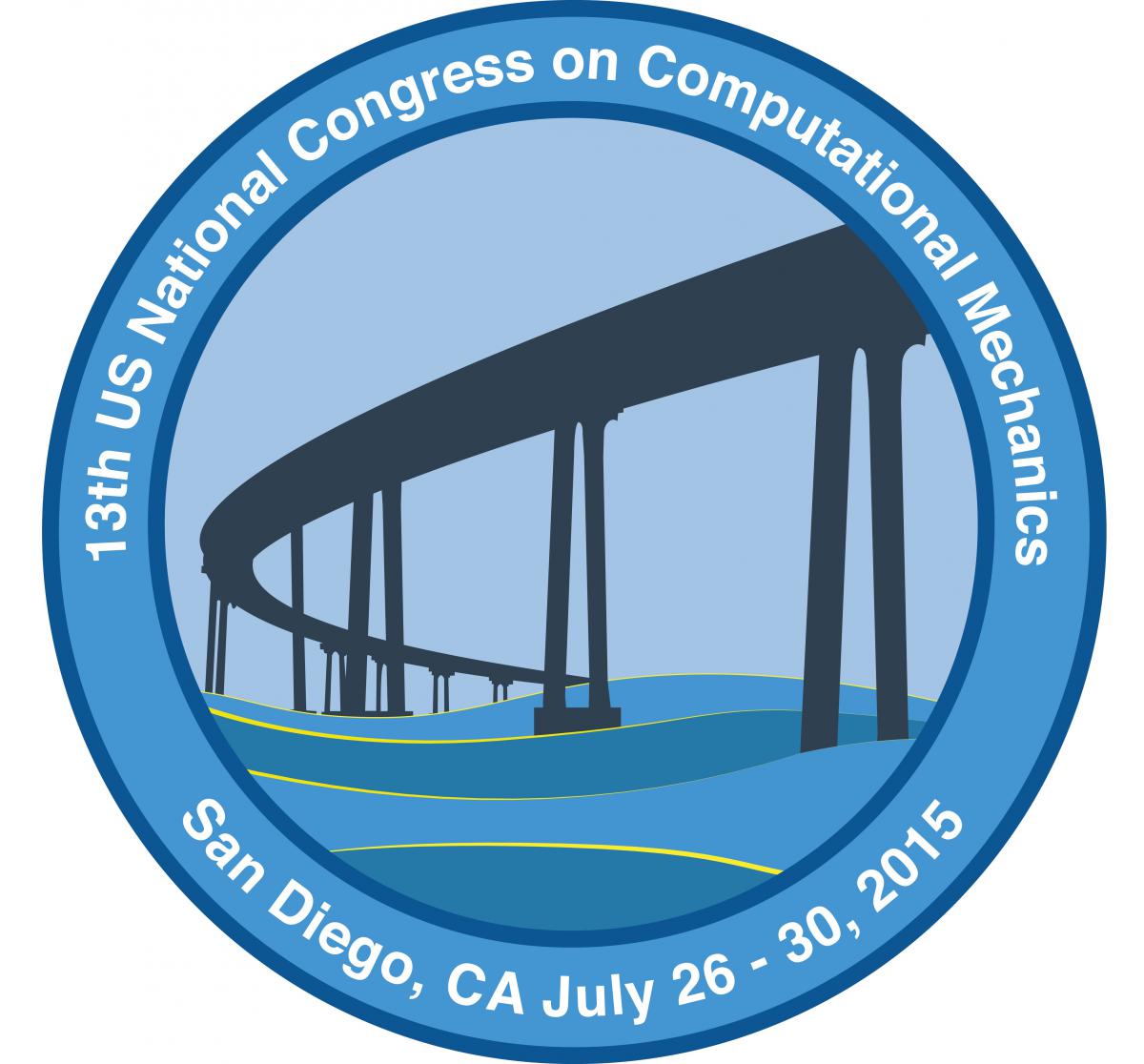Computational Bioengineering
The aim of the Computational Bioengineering minisymposium is to recognize the increasing role of computation in Bioengineering. It is now established that computational tools are indispensable to augment experimental techniques for the analysis of complex biosystems and increase the success rates of clinical interventions and therapeutic effectiveness. The innovations brought about by the application of computational technology to bioengineering are expected to have a substantial socioeconomic impact. . Topics of interest include (but are not restricted to) the following:
Topics of interest include but not restricted to the following:
- Solid and fluid biomechanics as well as fluid-structure interactions.
- Computational models for molecular, cellular, and tissue biomechanics.
- Biological mass transport.
- Remodeling, regeneration.
- Computational simulations of injury and injury prevention.
- Innovations in numerical techniques (FEM/FVM/BEM/FDM/Meshless methods etc) and algorithmic issues for biomechanical simulations.
- Multiscale and multiphysics modeling.
- Virtual reality based techniques of surgical simulation and planning.





